
What will the future of humanity look like? It is only now that the public, including business and its surroundings, are really noticing how great an impact the work and research carried out by Scientists – starting with the basic one – has on the standard of our socio-economic life and the safety of our health and, consequently, our lives. We have been seeing this for years, but also appreciate it.
The Scientist of the Future Award is a natural continuation of the existing category of the same name awarded as part of the Polish Intelligent Development Award, a distinction with a 5-year history.
Exposing the best examples of Polish and foreign Scientists willing to give their projects a chance to appear in economic practice, for the benefit of society and for intelligent development – has become the mission guiding the initiator and main organizer of the award, the Center for Intelligent Development.
The award is a form of media and therefore image recognition of the work of both an experienced Scientist and a Researcher who is at the beginning of his career. It serves to build, strengthen the recognition and importance of innovative projects conducted by Scientists, but also the personal brand of the Award Winners.

Politechnika Warszawska
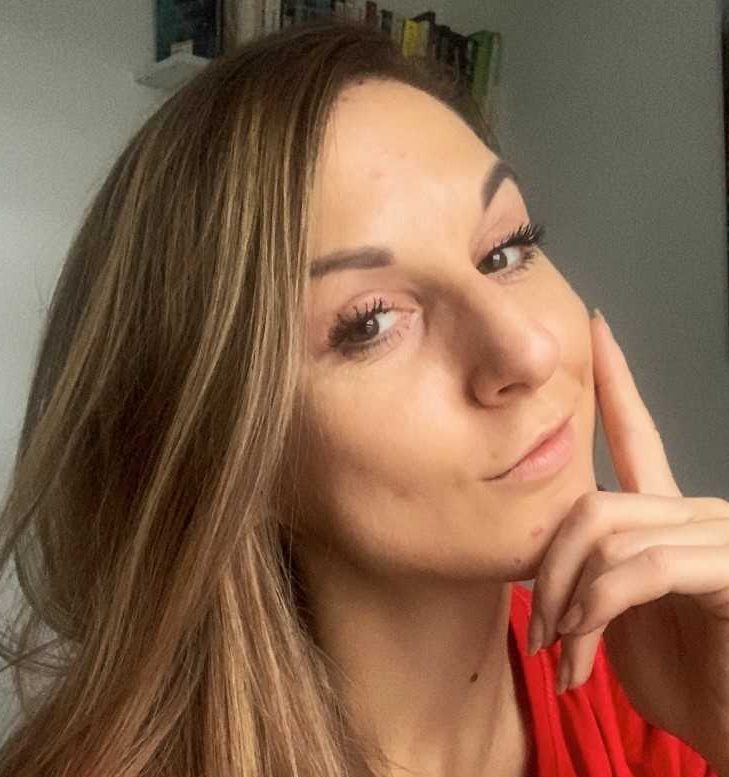
Dr Anna Łapińska uzyskała tytuł doktora w maju 2018 na podstawie pracy pt.: „Wytwarzanie i badania właściwości termicznych”. Jest autorką i współautorką 15 publikacji naukowych. Jest współautorką dwóch europejskich zgłoszeń patentowych: “Composite material for shielding electromagnetic radiation, raw material for additive manufaturing methods and a product comprising the composite material as well as a method of manufacturing the product”, oraz "Method of manufacturing flake graphene".
W 2019 roku została uhonorowana nagrodą zespołową I stopnia Rektora Politechniki Warszawskiej. Była uczestniczką wielu międzynarodowych konferencji naukowych podczas których prezentowała wyniki zarówno w postaci ustnych wystąpień jak i plakatów. Brała udział w wielu projektach naukowych w tym o zasięgu międzynarodowym (np. Charming, Graphene Flahship). Współpracowała z instytucjami przemysłowymi – była zatrudniona w startupie nanoEMI w ramach, którego przygotowywała materiał do walidacji przez firmę Eriksson. Uczestniczyła również w krótkich stażach zagranicznych w Norwegii, Rosji i Niemczech, ale także w krajowych jednostkach.
Politechnika Śląska w Gliwicach
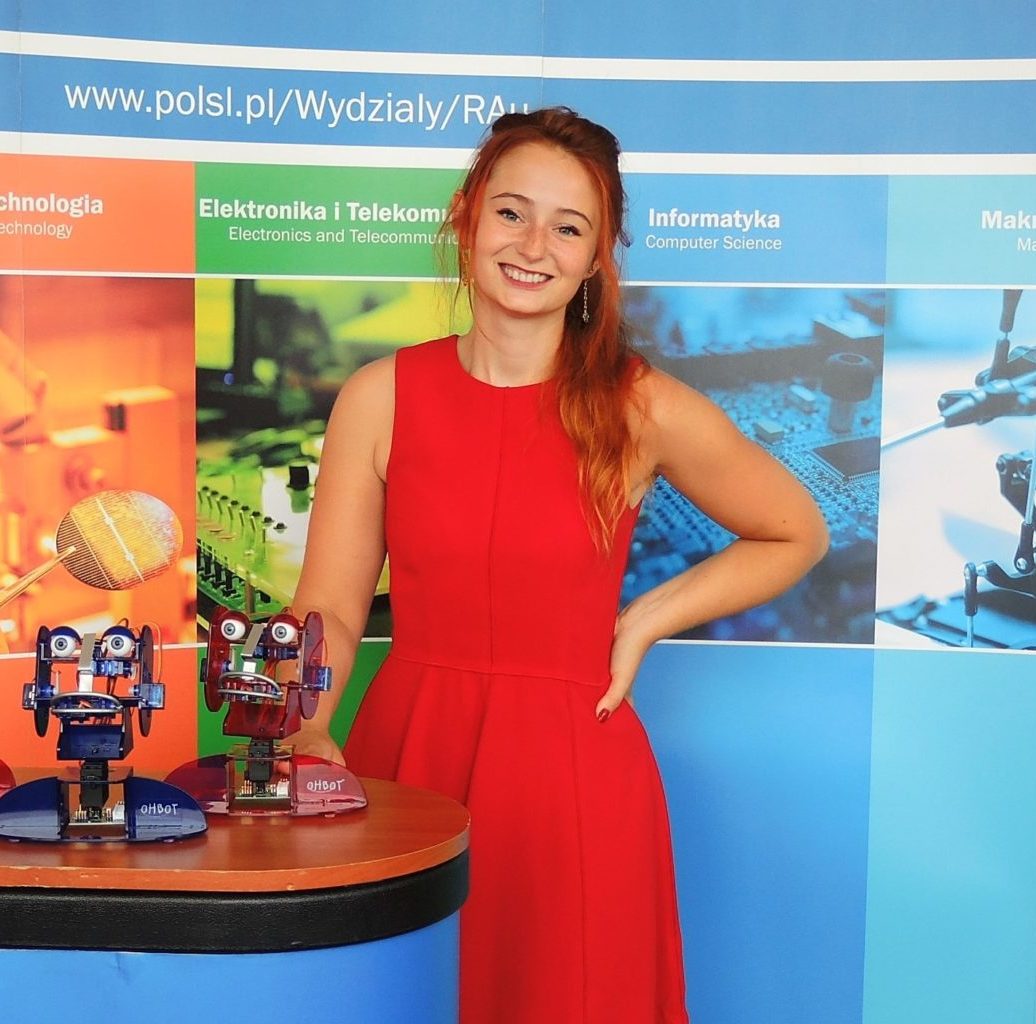
Eryka Probierz jest doktorantką na dwóch uczelniach: Politechnice Śląskiej w Gliwicach oraz Uniwersytecie Śląskim w Katowicach. Realizuje studia doktoranckie z psychologii oraz z informatyki. Na co dzień związana z Katedrą Automatyki i Robotyki, gdzie prowadzi badania nad wykorzystaniem metod sztucznej inteligencji w robotach społecznych.
Uczestniczyła w 22 konferencjach międzynarodowych i 18 krajowych, opublikowała 20 publikacji w formie recenzowanych artykułów i rozdziałów w monografiach. Uzyskała 3-krotnie finansowanie w ramach grantu dla młodych naukowców na Politechnice Śląskiej oraz grant na prowadzenie badań w nowej tematyce. Otrzymała nagrodę za najlepszy poster na konferencji Analityczne Wyzwania w roku 2021.
W swojej pracy naukowej zajmuje się relacją człowiek-robot, wykrywaniem emocji przy użyciu obrazu oraz dźwięku, robotyką społeczną, wykorzystaniem metod uczenia maszynowego do danych społecznych czy symulacją zjawisk społecznych w wirtualnych środowiskach.
Uniwersytet Mikołaja Kopernika w Toruniu
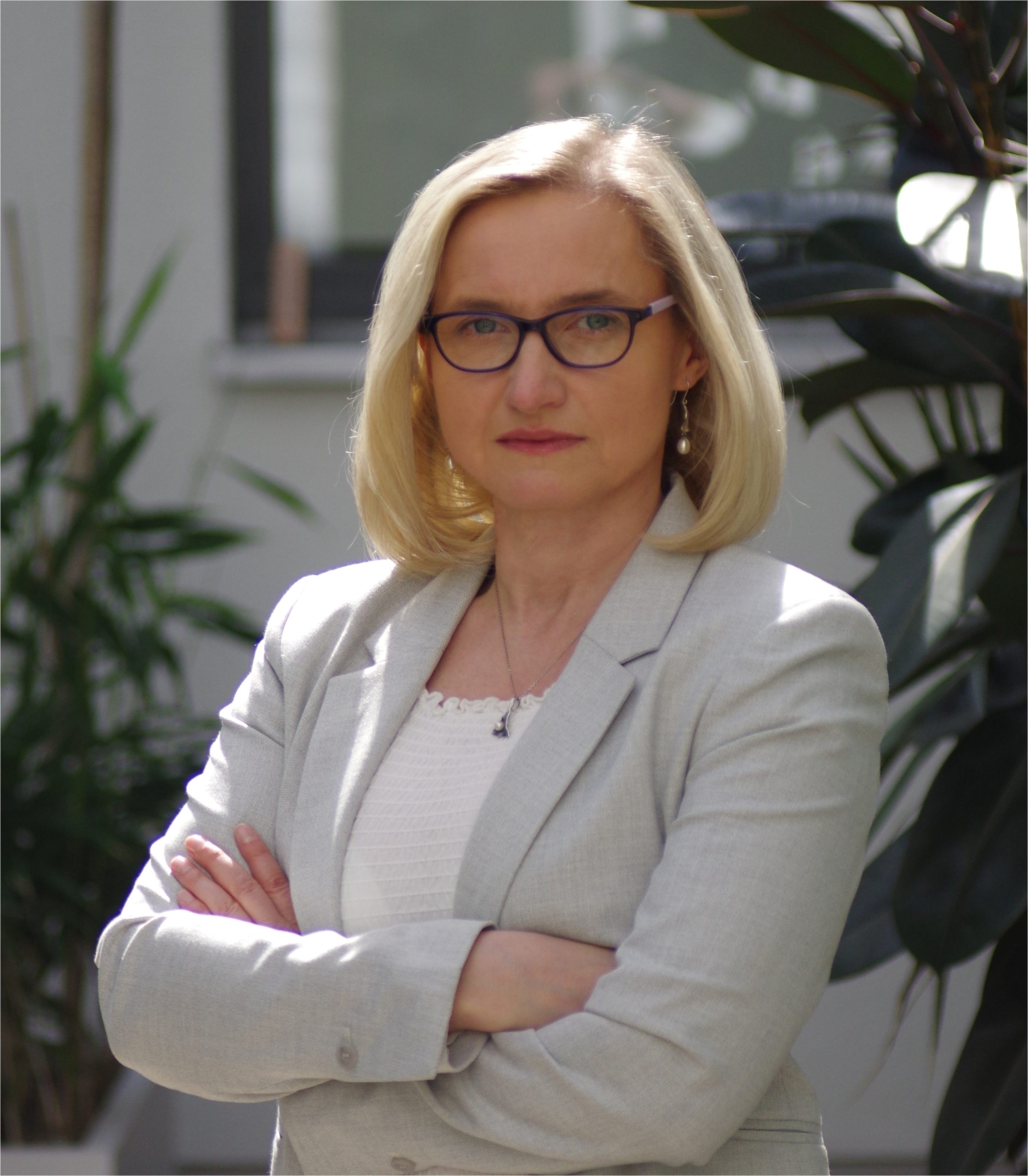
Dr hab. Anna Zawadzka Profesor UMK studia magisterskie ukończyła w 1996 na WFAiIS UMK w Toruniu, a doktorat obroniła w 2001. Habilitację uzyskała w 2019 roku na AGH w Krakowie.
Specjalizuje się w inżynierii materiałowej, w szczególności wytwarzaniu cienkich warstw i nanostruktur oraz badaniu ich właściwości w procesach interakcji z zewnętrznym promieniowaniem. Posiada bogate doświadczenie w wytwarzaniu struktur do zastosowań w mikro-, optoelektronice i fotowoltaice oraz diagnostyce nieliniowych efektów optycznych.
Opublikowała ponad 100 artykułów oraz monografię naukową. Jej indeks h wynosi 17. Była redaktorem 4 numerów specjalnych czasopism naukowych związanych z inżynierią materiałową. Wygłaszała referaty zaproszone na międzynarodowych konferencjach. Jest recenzentem w ponad 30 czasopismach.
Niedawno prestiżowy Uniwersytet Stanford zaliczył ją do znamienitego grona 2% najlepszych osobowości naukowych, które w 2019 roku wywarły największy wpływ na środowisko naukowe w swojej dziedzinie.
Uniwersytet medyczny w Warszawie
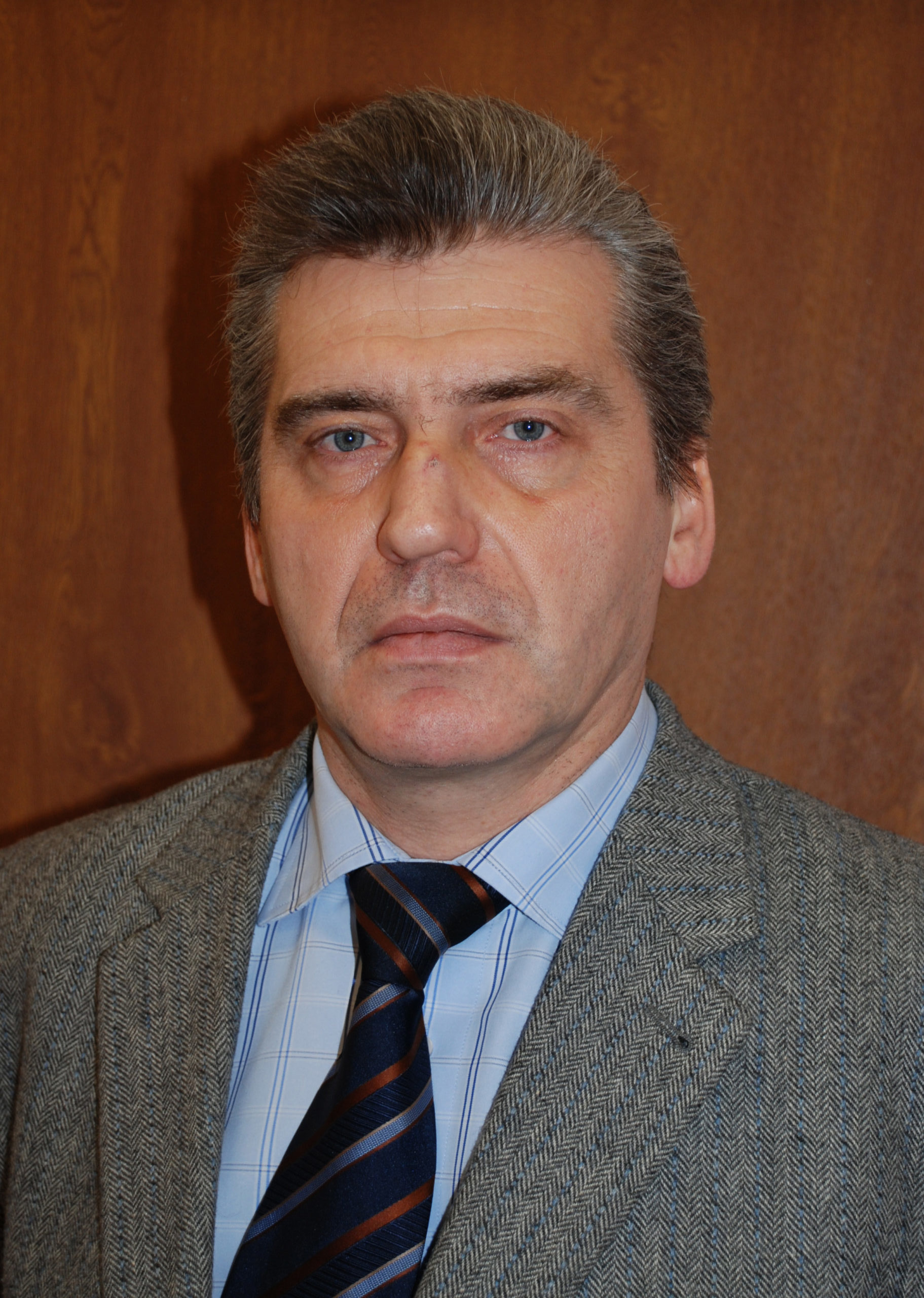
Cezary Kowalewski (ur. 1954) – polski farmaceuta, profesor doktor habilitowany nauk weterynaryjnych, specjalność farmakologia.
Do 2016 prodziekan ds. studenckich i dydaktyki Wydziału Medycyny Weterynaryjnej Uniwersytetu Przyrodniczego w Lublinie, aktualnie kierownik Zakładu Farmakologii na tymże wydziale. Członek Polskiej Akademii Nauk Wydziału II Nauk Biologicznych i Rolniczych. Tytuł profesora otrzymał w 2007 roku.
Politechnika Śląska
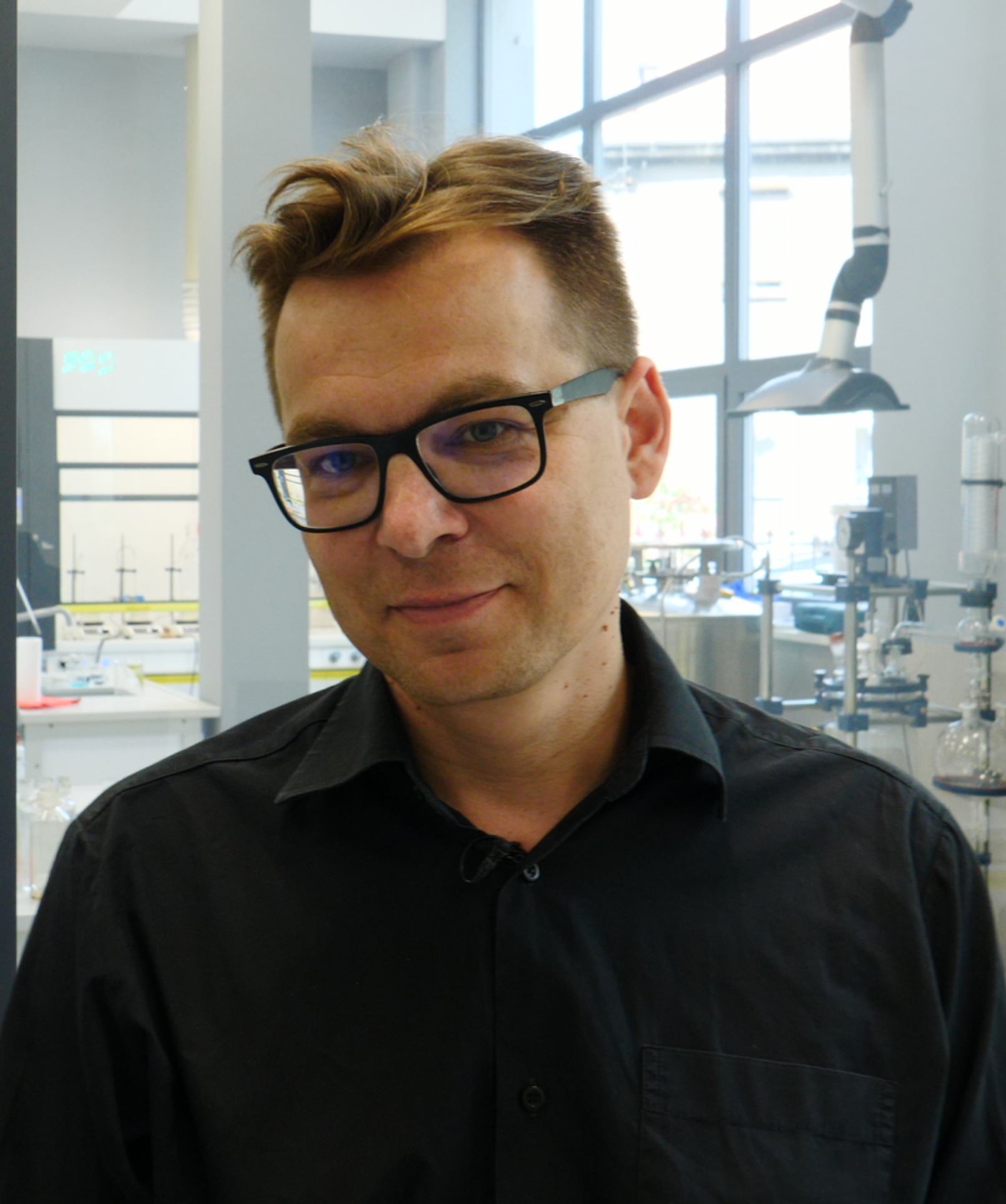
Prof. dr hab. inż. Sławomir Boncel ukończył studia na Wydziale Chemicznym Politechniki Śląskiej na kierunku technologia chemiczna (2004). W 2009 r. obronił z wyróżnieniem doktorat z chemii organicznej. W 2015 r. uzyskał stopień doktora habilitowanego w dziedzinie chemii nanowęgla, a tytuł profesorski w 2021 r. 15-miesięczny staż podoktorski w University of Cambridge (Wlk. Brytania) finansowany przez Fundację na rzecz Nauki Polskiej. Obecnie lider NanoCarbon Group i wykładowca swojej Alma Mater. Kierownik wielu interdyscyplinarnych projektów badawczych: TANGO (NCBR), KOLUMB, IMPULS (FNP), IUVENTUS PLUS (MNiSW), SONATA, 2´OPUS (NCN). Autor 80 publikacji w czasopismach z listy JCR (indeks Hirscha 19, >1300 cytowań). Zainteresowania naukowe – synteza, fizykochemia i zastosowania nanoalotropów węgla (nanorurki węglowe, grafen, kropki kwantowe): funkcjonalne nanokompozyty, powłoki elektroprzewodzące, kataliza, technologia stealth, systemy dostarczania leków oraz nanopłyny do wymiany ciepła.
Adniunkt, Uniwersytet Jagielloński Collegium Medicum
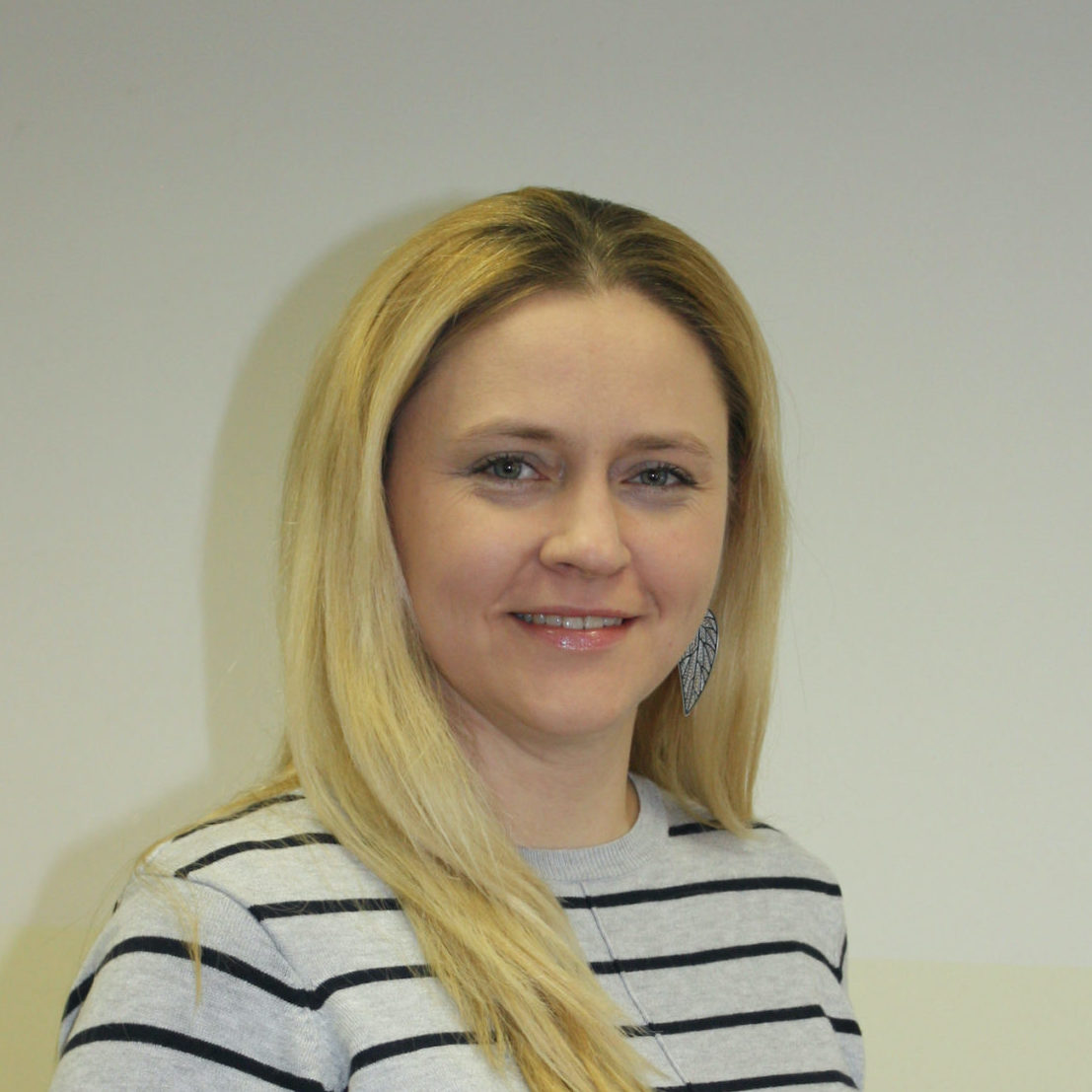
Zainteresowania naukowe to inżynieria biomedyczna, a w szczególności przetwarzanie sygnałów biomedycznych, analiza obrazów medycznych oraz rozwiązania telemedycyny dedykowane do prewencji chorób przewlekłych. Od 2017 intensywnie pracuje nad wdrożeniem nowatorskich metod wizualizacji danych medycznych w oparciu o technologie mieszanej rzeczywistości (Mixed Reality) oraz mapowanie przestrzeni 3D sali operacyjnej.
Dr Proniewska realizowała prace badawcze w ramach stażu naukowego w Centrum Chorób Serca Thoraxcenter, Erasmus MC, Rotterdam, Holandia, kontynuowała swoje badania naukowe w ramach stażu w amerykańskim Centrum badań sercowo-naczyniowych Cardiovascular Research Foundation w Nowym Jorku.
Absolwentka programu Top500 Innovators – University of Cambridge, University of Oxford w Wielkiej Brytanie w zakresie współpracy z gospodarką, zarządzania badaniami naukowymi oraz komercjalizacji ich wyników, program realizowany przez Ministerstwo Nauki i Szkolnictwa Wyższego.

The Smart Development Forum is an excellent balance between science , and business. Congresses like the FIR are needed for a simple reason: the whole business-science trust is based on human relations. The forum provides an opportunity for dialogue and learning about each other's capabilities and limitations. It is extremely important to talk behind the scenes, participate in panels, through which we build the conviction that the foundation is people. The worlds of business and science are completely different, but during the Smart Development Forum they are united by dialogue and jointly finding compromises and ideas for a better tomorrow
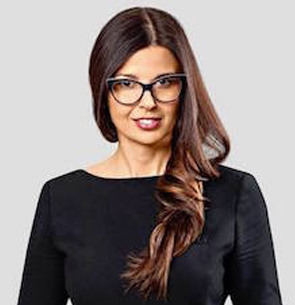
A key role in the process of creating and implementing innovation is played by the synergy of science, business and local government. The Smart Development Forum is a unique place that initiates and supports work at the interface of these three areas. Numerous panel sessions, presentations by representatives of the scientific community, business and public institutions, as well as b2b talks provide an excellent space for exchanging experiences and establishing new business contacts.

The Smart Development Forum is an excellent initiative. It brings together the world of science, business, local governments. A large number of debates allows to learn a wide spectrum of views on innovation, on intelligent approach to our future. The unique formula, the possibility of free discussions increases the value of the Forum. Also the place - Uniejów - where a lot has changed since investing in geothermal energy, is an example as open-mindedness and courage can change reality. The organizers - the Center for Intelligent Development, Eurocreator and Uniejów do it efficiently and effectively. It is really worth being here!
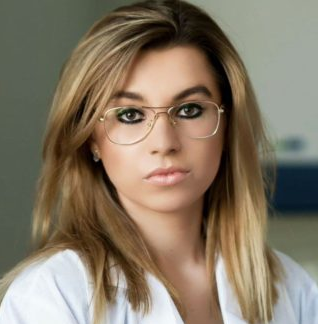
Participation in the Smart Development Forum allowed to meet many personalities from the world of science and business. Talking together and receiving an award provided motivation for further scientific work. The Forum provided information on how to effectively cooperate with business and build effective teams. For us as scientists, it enabled a more implementation-oriented view of research work.
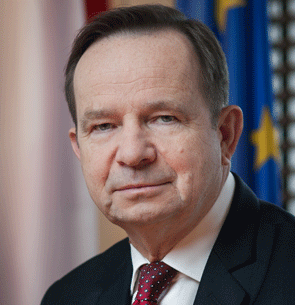
The forum is a dozen conferences, dozens of speakers and exchange of opinions, experiences of professionals from the world of business, science and local government and government institutions. We want cooperation on these three levels to be the best possible, and I think our forum will contribute significantly to this. There will be panels devoted to innovative economy and smart growth, as well as the most important challenges facing the Polish economy.
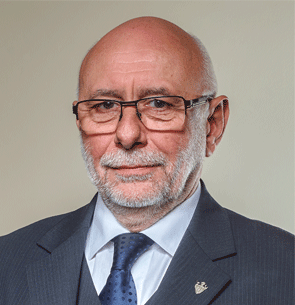
This prestigious event will be an excellent opportunity to present the joint achievements of universities, business and local government. By combining our efforts and supporting technology transfer together we support the development of the Polish economy based on knowledge, modern technology and innovation.
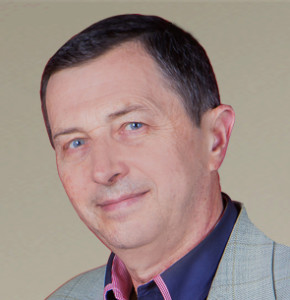
The event provides an opportunity to exchange views and experiences of various circles and to promote the achievements of scientists and researchers, innovative Polish companies, as well as to present the offer of investment areas of local governments. I hope that the discussions undertaken at the Forum will bring concrete results and inspire both the world of science, entrepreneurs, as well as decision-makers to introduce beneficial changes affecting the building of the country's competitive advantage based on knowledge and innovative solutions.
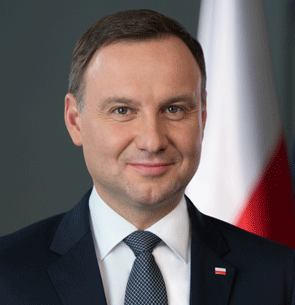
I warmly greet all the participants of the Smart Development Forum. I pay tribute to the organizers of the conference, which serves to consolidate Polish potential. Your deliberations, bringing together entrepreneurs, scientists and local government officials, are a very valuable undertaking. They allow the exchange of experience and ideas, and above all contribute to the creation of a synergistic effect in the cooperation of these important circles. I hope that also at this Forum many interesting ideas will be formed and many valuable projects will be initiated, serving Polish innovation and development.

This is an incredibly interesting event for me. We can observe a great deal of development trends at it and see how important it is to emphasize the applied nature of science for business, economy and development. The forum confirms that the era of creating science for science and for the so-called drawer is behind us. It is a fantastic opportunity to make business contacts.